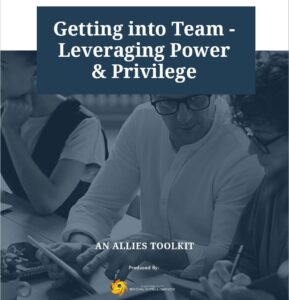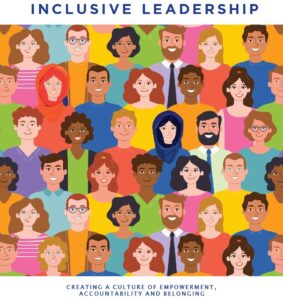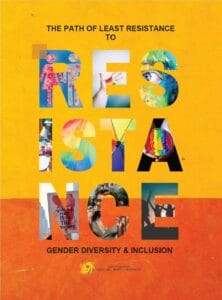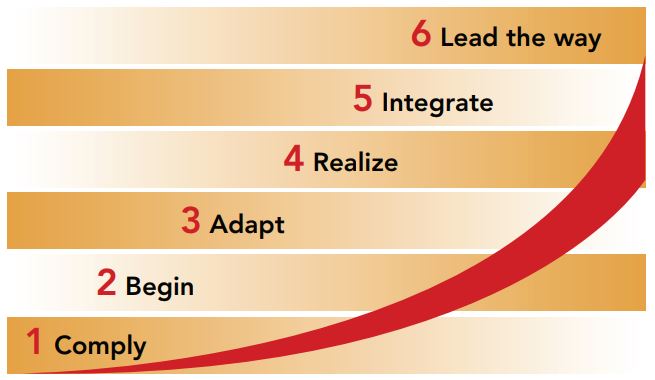As someone from the gen-X cohort, I have tried hard to attain a work-life balance throughout my life, albeit with measured success. But the Millennials, who are those between the ages of 18-34, have pushed this idea one step further and are seeking work-life integration, meaning time at work and time for the rest of their life are seamlessly intertwined. If you are trying to figure out how to connect with this younger generation and want to know how to optimize their talent, this is a key nugget to knowing what makes them tick.
Consider these facts stemming from Forbes magazine:
- Millennials will represent 40% of the total workforce by 2020.
- Millennials don’t want jobs. They want lives.
- 88% of Millennials prefer to collaborate versus compete with others.
- 79% of Millennials seek organizations that mentor them toward both career and personal objectives.
- Millennials will give loyalty to an organization that aligns its corporate objectives to work that is having a positive impact on the world.
- 67% of employed Millennials want to leave the traditional work structure and become self-employed.
- 74% of them want flexible work schedules.
- They don’t want to do the cubicle from 9-5. They know to leverage technology and realize they can deliver results from anywhere and at anytime.
So just how does one connect with Millennials in such a way that retains them longer, motivates them more and optimizes their talents?
The first idea may put many leaders and managers on their heels because it is a fundamental cultural shift in the way they have traditionally done business. However, recognizing a full two-thirds of Millennials want to be their own boss, leave a positive imprint on society, want flexibility and full integration of work and personal aspirations, you need to create an entrepreneurial culture to your organization. Doing such things as creating a results based environment will offer freedom and flexibility on which hours in the day the work gets done and at whatever location is desired. An organization that can offer this approach offers more than a job, it offers a lifestyle.
Secondly, incorporating a directive within performance agreements such that everyone is made responsible for creating a work environment that is “psychologically safe”. This can be done by implementing policies that allow people to be heard and understood, providing “safety” for such things as speaking up without recrimination and active listening so that the lines of communication are clear. Language differences among the generations is considered one of the main hurdles that needs to be overcome and this will go some distance in addressing that issue.
And thirdly, increase your emotional intelligence skills such as empathy, active listening, trustworthiness, and managing emotions, to name a few, so you can coach them to align their aspirations of making a difference in this world with the goals of your organization. Tying their dreams to the corporate objectives is a sure win for long-term tenure.
These ideas push the envelope on mainstream approaches to doing business. I would argue that if an organization is sincere with its intent to attract and retain the best talent, they will be naturally inclined to incorporate them as part of their overall effort to increase the social intelligence of their organization.
For more on social intelligence, go to: www.cooperconsulting.ca.






